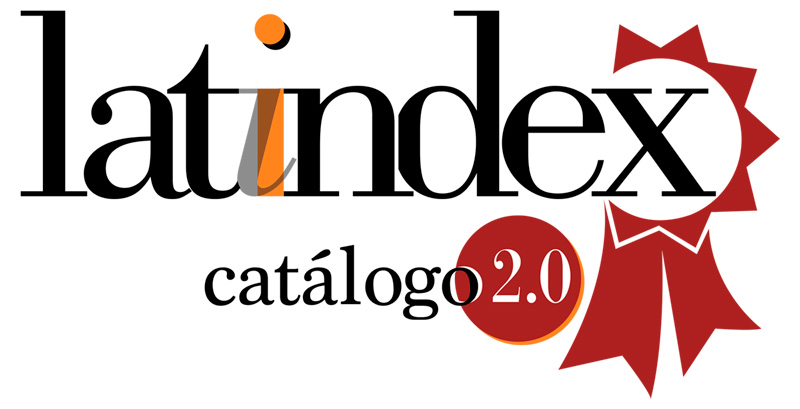José Carlos Mariátegui and Cinema: Between Hollywood and a Nude Charlot
DOI:
https://doi.org/10.35626/cl.18.2021.290Keywords:
José Carlos Mariátegui, Charles Chaplin, Amauta, Hollywood, intermediality, silent cinemaAbstract
This article analyzes relevant intermedial connections between José Carlos Mariátegui’s essayistic and literary texts and the cinema of his time. It will demonstrate how cinematic themes appear extensively in his work, from the texts written in his youth to the essays published in Amauta and other journals at the end of the 1920s. Mariátegui always followed closely the development of the artistic, literary, and political movements of his time, and participated actively in the debates on the character of avant-garde art and literature. Thus, the interest he took in the technical innovations of the cinema mirrors his willingness to reflect on the impact of the seventh art on the intellectual and everyday life of modern individuals, both in Europe and in Latin America. It will then be remarked how Mariátegui’s perception of cinema evolves from an initial negative appraisal of the Hollywood industry’s frivolous and artificial cinematic products to a fully favorable recognition of cinema as a revolutionary tool that can stimulate the critical consciousness of spectators. This last perception is embodied in the figure of Charles Chaplin, whom Mariátegui considered the “quintessential anti-bourgeois”.








